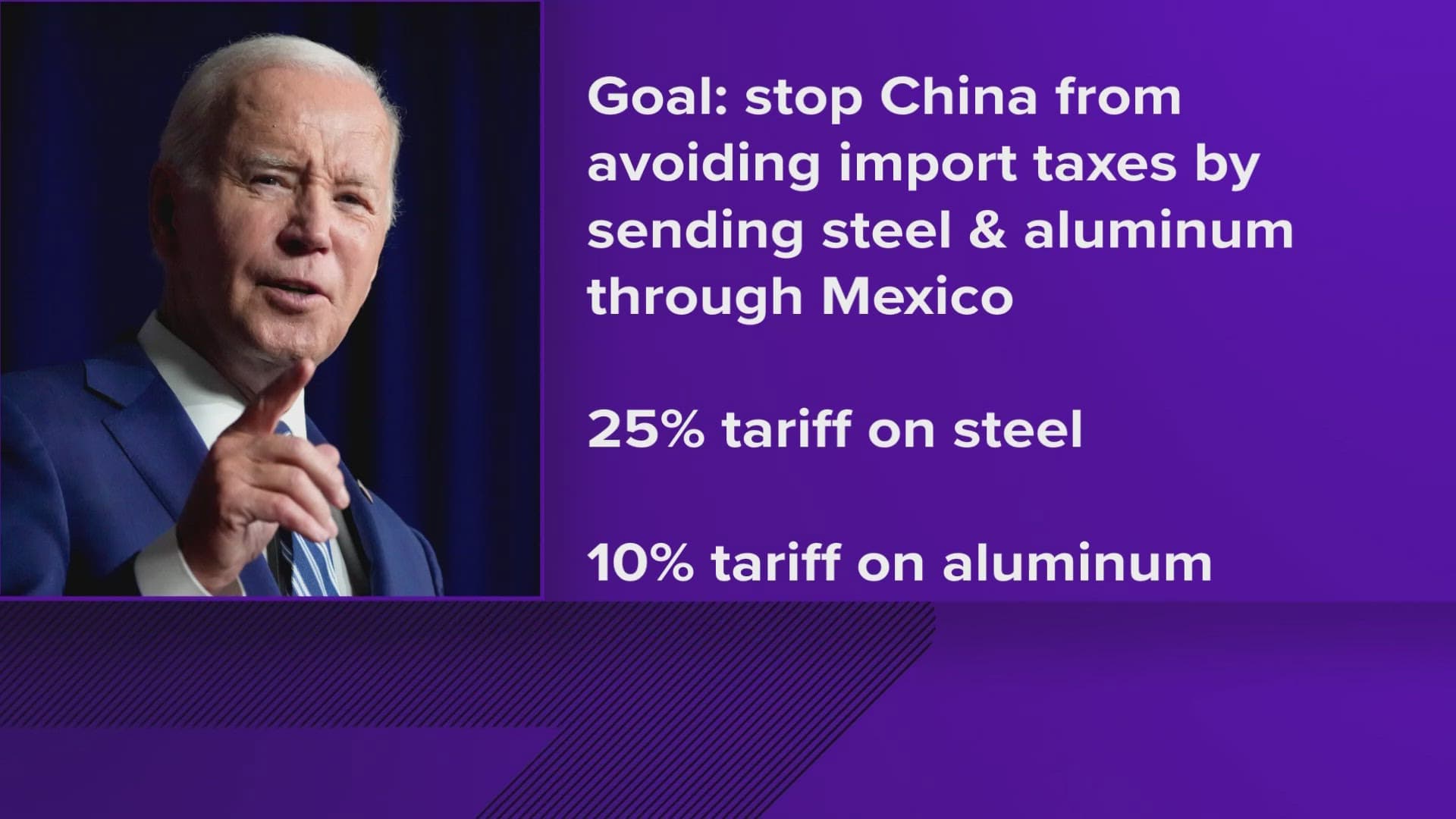US Tariffs on Chinese Steel and Aluminum Exceed 500% Amid Economic Scrutiny

Matt Welch, a prominent journalist and editor at large for Reason.com, recently expressed sharp criticism regarding significant import tax increases, stating in a social media post, "Still looking for the person who raised import taxes 500%!" His comment, made on November 21, 2025, refers to the substantial tariffs imposed by the United States on Chinese steel and aluminum products, a policy shift that has drawn both support and economic scrutiny since its announcement in April 2024. The Biden administration's move to hike tariffs by over 500% on these specific goods aims to counter what it describes as Beijing's "unfair practices" and protect domestic industries.
The announcement on April 17, 2024, by President Joe Biden called for a dramatic increase in tariffs, targeting Chinese steel and aluminum products. This policy was presented as a measure to safeguard American jobs and industries from subsidized foreign competition, particularly in critical manufacturing sectors. Officials cited concerns over China's overproduction and its impact on global prices, asserting the need for a robust response to protect national economic interests.
Economists and industry analysts have since weighed in on the potential repercussions of such aggressive trade measures. While proponents argue for the protection of domestic producers, critics suggest that these tariffs could lead to increased costs for American consumers and manufacturers reliant on imported materials. The Peterson Institute for International Economics (PIIE) noted that escalating tariffs risk disrupting global supply chains and potentially sparking retaliatory actions from China, thereby intensifying trade tensions.
Welch's tweet aligns with his long-standing libertarian perspective, which consistently views tariffs as taxes ultimately borne by domestic consumers and businesses. As a contributing editor to Reason magazine, he has frequently argued that protectionist trade policies stifle innovation and harm economic growth. His direct challenge underscores the ongoing debate about the efficacy and broader economic consequences of high import duties.
The imposition of these tariffs is set against a backdrop of complex and evolving trade relations between the United States and China. The policy reflects a broader strategy to exert economic pressure and rebalance trade flows, but its long-term impact on inflation, industrial competitiveness, and international diplomacy remains a subject of considerable discussion. Future developments will likely continue to shape the global trade landscape and influence economic policy decisions.